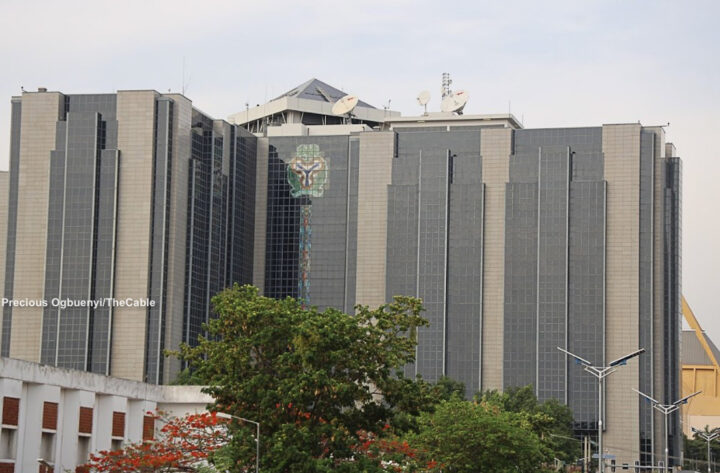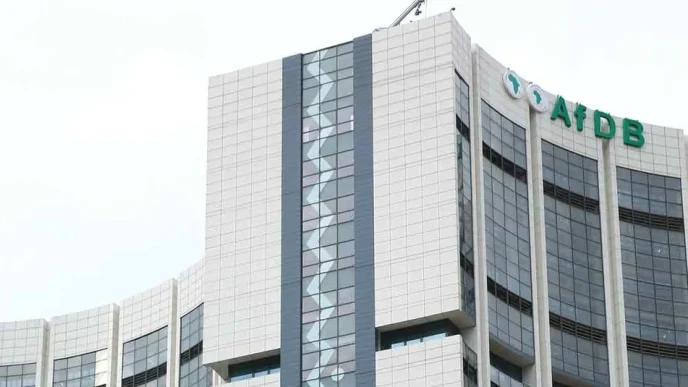Zechariah Akinpelu, chief information security officer (CISO) at Unity Bank, says the adoption of multi-factor authentication is crucial in the fight against cyber fraud.
Akinpelu spoke at a virtual conference organised by the Routelink Group on Thursday.
Themed, ‘Building Resilience into Your Cybersecurity Strategy: A Step-by-Step Guide’, the event served as a platform for stakeholders to deliberate on ways to curb the menace of cybercrime.
On June 13, SB Morgen (SBM) Intelligence, a geopolitical research firm, said the amount of money lost to fraud in Nigeria’s financial sector increased by N14.71 billion or 83 percent between 2019 and 2023.
Advertisement
The intelligence firm said the banking sector lost N11.61 billion in 2020, N12.77 billion in 2021, N14.32 billion in 2022, and N17.67 billion in 2023.
Speaking during the virtual event, Akinpelu said implementing additional identity verification levels is crucial to prevent cyber fraud, adding that the extra security layer could significantly reduce online threats.
“Multi-factor authentication is using different levels of identification… including biometrics and other methods,” he said.
Advertisement
“Criminals leverage on technology, artificial intelligence and machine learning.
“The issue is not a Nigerian thing alone. An incident from August of the previous year when many LinkedIn accounts were compromised.
“It took almost more than 6 weeks to resolve the issue. During this period, even those without compromised accounts had trouble accessing their accounts.”
The Unity Bank official said online transactions still come with risks, disclosing that some merchant websites can process transactions without requiring a PIN.
Advertisement
“People think that because they’ve protected their card with the PIN and if the card gets lost, they’re safe,” he said.
“When it comes to card, Nigerian banks are doing pretty well in terms of card transactions because you can’t do any transaction on any of the Nigerian-based merchant websites without asking for your PIN.
“Nigerian banks are one of the first sets of banks to implement PIN and chips.
“Nigeria adopted this technology before some parts of the world, such as Europe.”
Advertisement
Akinpelu, also a certified hacker, said trusted Nigerian websites require PINs, but warned that international sites may pose security threats.
On his part, Femi Adeoti, group chief executive officer of Routelink Group, said cyber threats are escalating rapidly as internet usage grows.
Advertisement
This, she said, poses numerous challenges to individuals and organisations.
Advertisement









